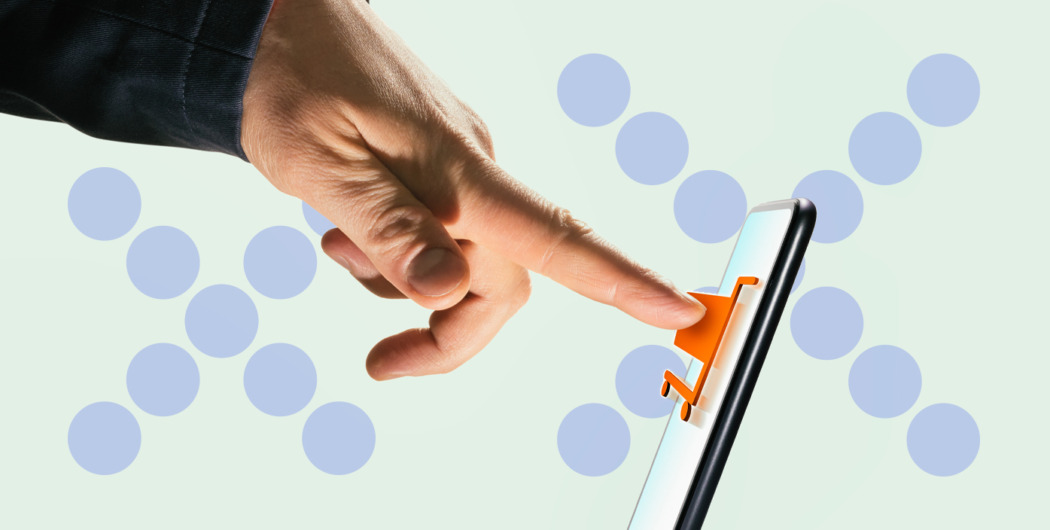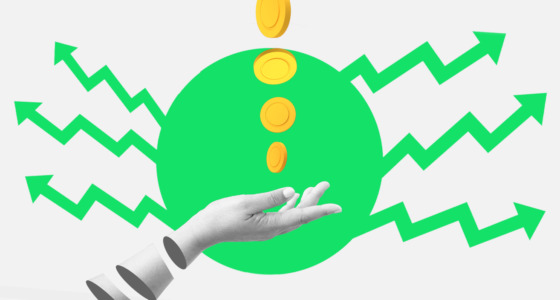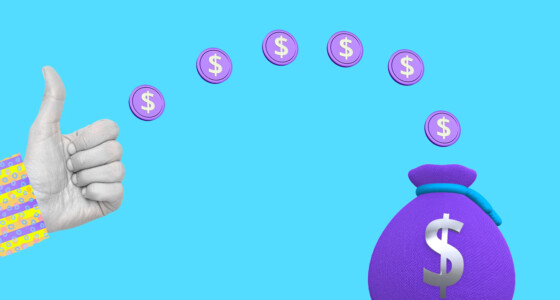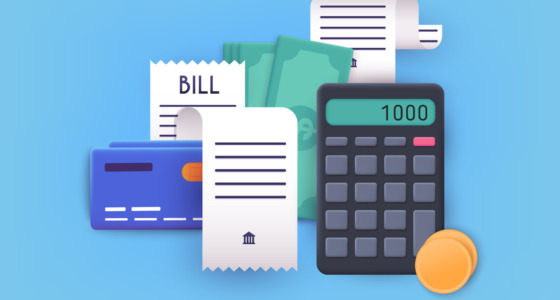

Everyone knows the situation when you start the month with full confidence that you will save money for some useful purchase. However, then you see a couple of very attractive promotions in the store, and then, at the end of the month, you are worried about no saved money — again and again. How to deal with the impulsive desire to spend huge sums on discount products? Let’s take a look at seven effective tips.
What are the main triggers for you?
The first and most important recommendation is to figure out the trigger for impulsive purchases of sales products. The most common emotional and psychological ones include:
- time of day (it’s better to go to the store when you have the most energy and the least stress level);
- environment (if you know you tend to spend money at craft fairs or Black Friday shopping malls, then avoid such places or visit them without money);
- mood (we tend to buy things when we are in a bad mood to “pity” ourselves — forget about shopping therapy and find other working methods to cheer up).
Fun fact: psychologists call the influence of close people who have bad financial habits the most dangerous trigger. Develop a strategy to deal with their pressure — offer alternative plans for spending time where you don`t have to spend money.
Track your regular spending
Once the trigger is identified, consider tracking expenses. The fact is that small purchases at discounts later take up the lion’s share of the wasted budget. As a rule, such “black holes” for your money are daily lattes in a work cafe, dinners out, donations to your favorite mobile games, and so on. Track where your money goes most often to achieve smarter spending. For these purposes, you can download special financial trackers.
Prefer cash for a clearer picture
Of course, paying with a card is much more convenient than taking out your wallet, finding the necessary banknotes, and wasting time counting them. However, this convenience is the main reason why you often experience overspending. But cash allows you to physically see and feel how much money you have at your disposal, how much you will spend, and how much will remain at the end of the month. Try using cash more often than a credit card to see if the convenience of digital banking is a dangerous trap for your overspending.

Forget about the credit cards
A few more words about credit cards. They are more dangerous than you think, because:
- there is always a temptation to spend money from the credit limit, which not only nullifies all savings but also provokes the risk of getting into debt;
- when shopping online, browsers store your payment information, making future purchases easier and more likely to fall prey to impulse buying at a discount.
So, put your credit card away and take only cash to the stores in the amount that you have planned.
Set some financial goals
It’s hard to resist spending on sale items if you don’t know what to save money for. So be sure to think about setting achievable short-term long-term financial goals. This will keep you motivated to work on your money management habits.
Please note that goals must be specific. For example, “save $1,000 by December 31, 2022” rather than “learn how to save by the end of the year” or “save on eating out.” The more precisely the goal is set, the clearer what you need to strive for.
Explore more information about financial planning
Financial literacy is a useful skill, but it needs constant work. So, take some time to read tutorials or videos on how to properly budget and manage it without hurting your savings. Basic materials on this topic are sure to tell you how to deal with the impulsive desire to shop for discount products.
Make money work for you
And the last tip: make the money work and distribute it clearly in advance. For example, if you have $600 left in your paycheck, then you should not take it as “wow, I have a lot of money, I will shell out $100 for a dinner at a restaurant and spend another $200 on clothes.” It`s better to distribute this money by planning what percentage will be spent on utility bills, rent, basic expenses, investments, and so on.








